Many Ethiopians consider the country the land of coffee. Many of us are familiar with Kaldi’s coffee, the renowned coffee chain named after Kaldi, the Ethiopian goatherd credited with discovering the coffee plant around 850 AD.
Since Kaldi’s time coffee has spread all over the world and has become one of the most beloved beverages. Its significance to Ethiopia is not only historic but modern as well given that coffee is the primary export product of the country.
Considering this significance it is no wonder that plans have been finalized for the establishment of a coffee college in Addis Ababa. The college is fittingly named Coffee College, with an estimated investment cost of 50 million EUR and will be delivering courses such as “Roasting”, “Trading”, and “Branding”.
The undergraduate program is designed as a two-year local and 6-month foreign program. Moreover, the college also offers a master’s program, although details for that have not yet been made public.
Besides academics, however, the college will also have a commercial wing. This wing will be responsible for research, inspection, and testing within the coffee industry.
The president of the college, Erich Fussl, affirms that research done by the college will be used for commercial purposes, which is welcomed by industry experts like Besrat Belay of Chaka Coffee who affirm that the industry is lacking in such efforts.
Experts affirm that Ethiopia’s coffee industry is in desperate need of a revamp and the numbers do not lie. In 2017 a kilogram of Ethiopian coffee had a price tag of 3.90 USD but in the 2018/2019 fiscal year that number drastically went down to 3.30 USD; other figures show the same fall across different categories.
Zerayakob Belete, Managing Director at Nexus Investment Solutions, says that one of the main deficiencies of the Ethiopian coffee industry is the lack of added value; over 90 percent of exports consist of only raw coffee. The college can help the country in this regard by modernizing research and innovation which in turn facilitate innovation and modern practices.
